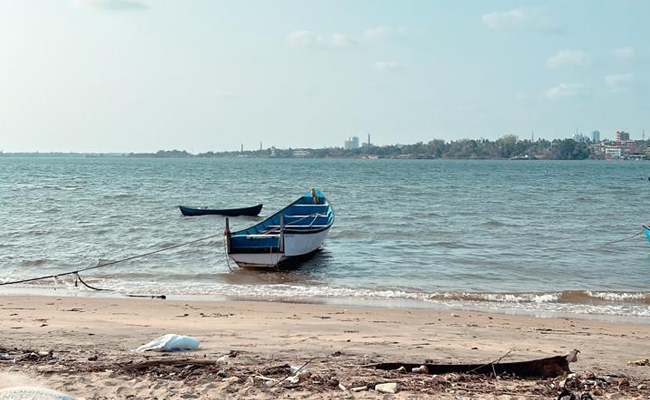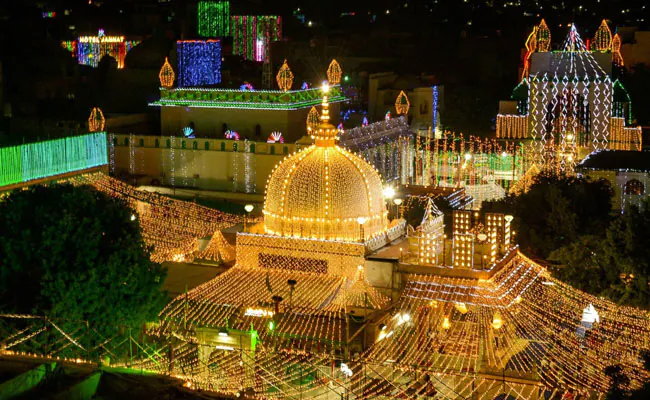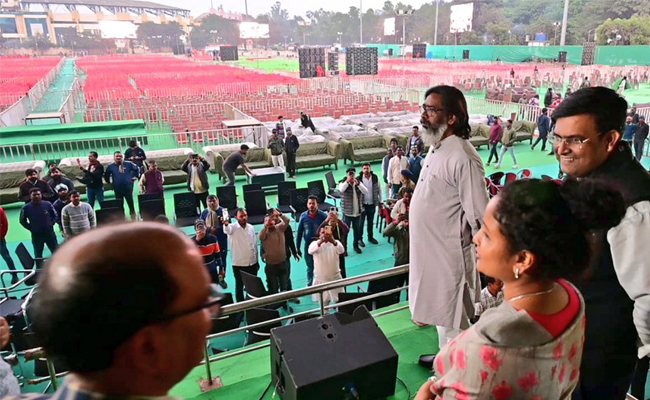Wayanad: Rinson Jose, a Kerala-born entrepreneur and Norwegian citizen, has been linked to the investigation into the recent pager explosions in Lebanon that resulted in at least 20 fatalities and thousands of injuries.
Jose, 37, is the owner of Bulgaria-based Norta Global Limited and is suspected of being involved in the supply chain for the pagers used in the attacks on September 17, 2024.
“Although on paper it was BAC Consulting that signed the contract with Gold Apollo, Norta Global was actually the one behind the deal,” Telex, a Hungarian media outlet quoted sources as saying.
Reports suggest that Jose has gone missing since the attacks.
However, an investigation by Bulgaria's security agency, SANS, has cleared Jose and his company of any direct involvement, stating that no shipments related to the pagers passed through Bulgaria.
“Following verifications, it has been indisputably established that no communication equipment corresponding to those that exploded on September 17 was imported, exported or manufactured in Bulgaria,” the agency was quoted as saying by AFP. It added that the company and its owner had not carried out any transactions linked to the sale or purchase of the merchandise or that “falls under laws on terrorism financing".
Let the Truth be known. If you read VB and like VB, please be a VB Supporter and Help us deliver the Truth to one and all.
Bengaluru: A recent study commissioned by the Karnataka government has revealed that 28% of the state's 328.55-km coastline is experiencing high levels of erosion. The report, submitted by the National Centre for Sustainable Coastal Management to the Environment Department, shows that the length of eroding stretches has more than doubled, from 43.7 km in 1990 to 91.6 km in 2024.
Titled Shoreline Management Plan Along Karnataka Coast, the report highlights the impact of increased sediment barriers and upstream activities on coastal erosion. It also calls for the adoption of nature-based solutions to counter the effects of climate change and human activities.
District-wise findings
The coastline of Uttara Kannada, Udupi, and Dakshina Kannada spans 328.55 km, with varying levels of erosion across the districts:
Uttara Kannada: Although 28% of its 193-km coastline is eroded, the district accounts for 39% of the state’s total erosion due to increased coastal development.
Udupi: Despite 43% of the coastline being protected by seawalls, 38% remains affected by erosion, contributing to 32% of Karnataka's overall erosion.
Dakshina Kannada: The district’s 37-km coastline faces “critical” erosion, with 39% of its stretches severely impacted, including areas such as Uchil and Batapady.
The report warns that coastal erosion threatens habitations, estuarine environments, mangroves, mudflats, and fish landing areas.
Recommendations
Identifying 44 critical erosion zones, the report suggests:
1. Beach nourishment through sand replenishment.
2. Rehabilitation of sand dunes and bioshields.
3. Mangrove afforestation to stabilise coastlines and support fisheries.
The findings will inform the Karnataka-Strengthening Coastal Resilience and the Economy (K-SHORE) project, which prioritises nature-based solutions over hard approaches like seawalls. R Gokul, Additional Principal Chief Conservator of Forests, stated that the Rs 840-crore project will focus on mangrove planting, beach nourishment, and tackling plastic pollution. These measures aim to protect the coastline and boost the blue economy.
The report will also guide the Karnataka State Coastal Zone Management Authority in reviewing coastal development proposals.





